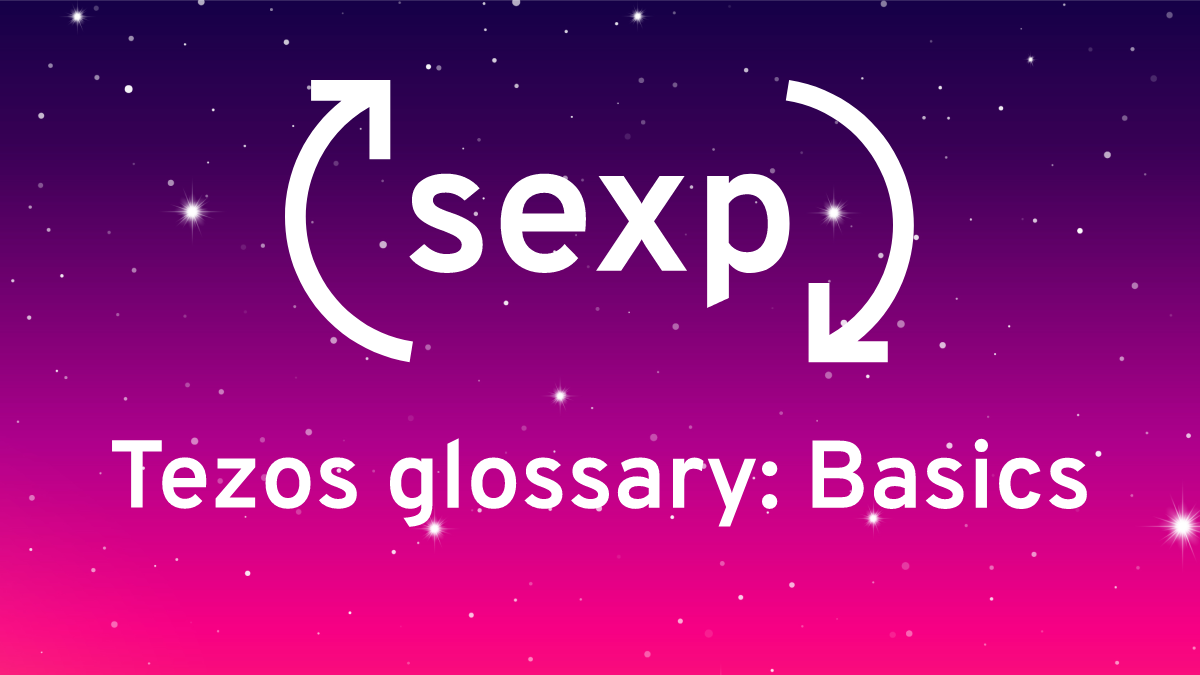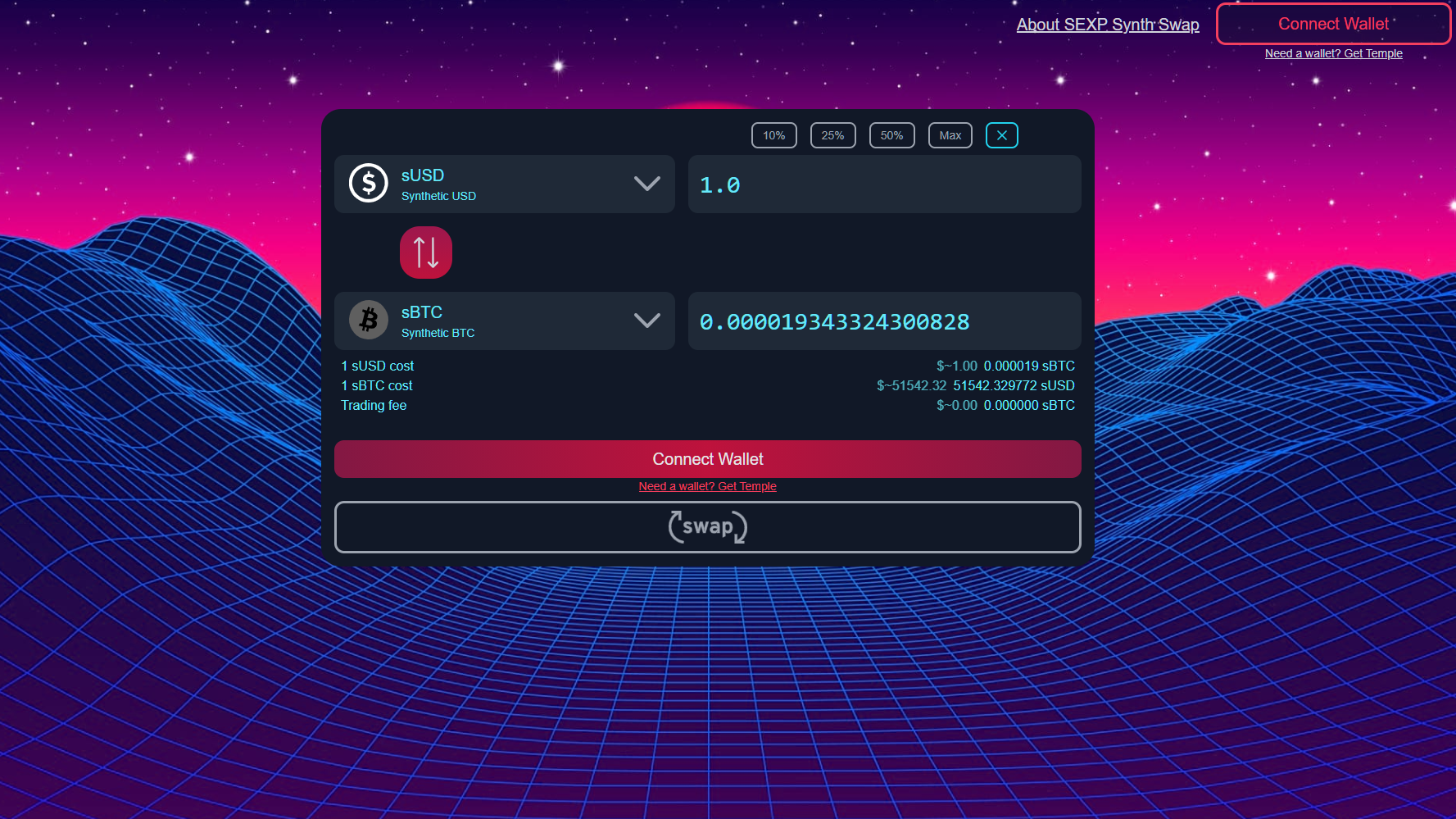Tezos glossary: Basics

We will explain the terms and abbreviations you may encounter in the Tezos ecosystem. Blockchains, baking, wallets, dApps, NFTs. Let's learn the basics.
The Basics
Baking/Delegating - Every Tezos holder should do this. Delegation in Tezos is absolutely safe. Your funds are not locked or frozen and do not move anywhere. You can spend them at any time and without any delay. You only delegate your Tezos governance rights. Everyone who holds some amount of Tezos coins has the right to validate blocks and get rewards in proportion to their stake. Delegation is when you delegate the right to another person (we call it “baker”), rather than setting your own Tezos node. [Delegation for Beginners, How To Choose Baker]
Blockchain - trustless and fully decentralized peer-to-peer immutable data storage that is spread over a network of participants referred to as nodes. Blockchains are resistant to modification of their data because once recorded, the data in any given block cannot be altered retroactively [Wikipedia]. For checking any balances or operations on the Tezos chain we recommend the TzKT.io blockchain explorer.
dApp - Decentralized applications (dApps) are digital applications or programs that exist and run on a blockchain instead of a single computer, and are outside the purview and control of a single authority. Tezos dApp examples: QuipuSwap, Hic Et Nunc, our Synthetic Swap.
Decentralization (as used in DeFi, dApp, DEX) - the transfer of control from a centralized entity to a distributed network. Provides a trustless environment (no one has to know or trust anyone else), improves data reconciliation, reduces points of weakness, optimizes resource distribution. [more]
DeFi - Decentralized finance is a blockchain-based form of finance that does not rely on central financial intermediaries such as brokerages, exchanges, or banks to offer traditional financial instruments, and instead utilizes smart contracts on blockchains. [more]
NFT - Non-fungible tokens used to represent easily-reproducible items such as photos, videos, audio, and other types of digital files as unique items (analogous to a certificate of authenticity), and use blockchain technology to establish a verified and public proof of ownership [more]. If you want to see how NFT crypto art looks like, visit our SEXP NFT Gallery.
Smart contract - a computer program or a transaction protocol intended to automatically execute, control, or document events and actions according to the contract. The objectives of smart contracts are the reduction of need in trusted intermediates, arbitrations and enforcement costs, fraud losses, as well as the reduction of malicious and accidental exceptions. Vending machines are mentioned as the oldest piece of technology equivalent to smart contract implementation. [Wikipedia]
Wallets - the best Tezos wallets are Temple and Kukai. We have prepared guides for newcomers on how to set up Temple and how to set up Ledger hardware wallet with Tezos. Before downloading any new Tezos wallet always verify the links on the Tezos Foundation site.
That is all for today.
In the next post in the glossary series we will look in-depth at the Tezos DeFi terminology in particular.
Meanwhile, check what we are building on Tezos - the new Synthetic Swap DEX. Come try it on testnet for free:

The SEXP token sale will be open from Sunday October 17th to Sunday October 31st. Join SEXP Telegram if you want to learn more.


